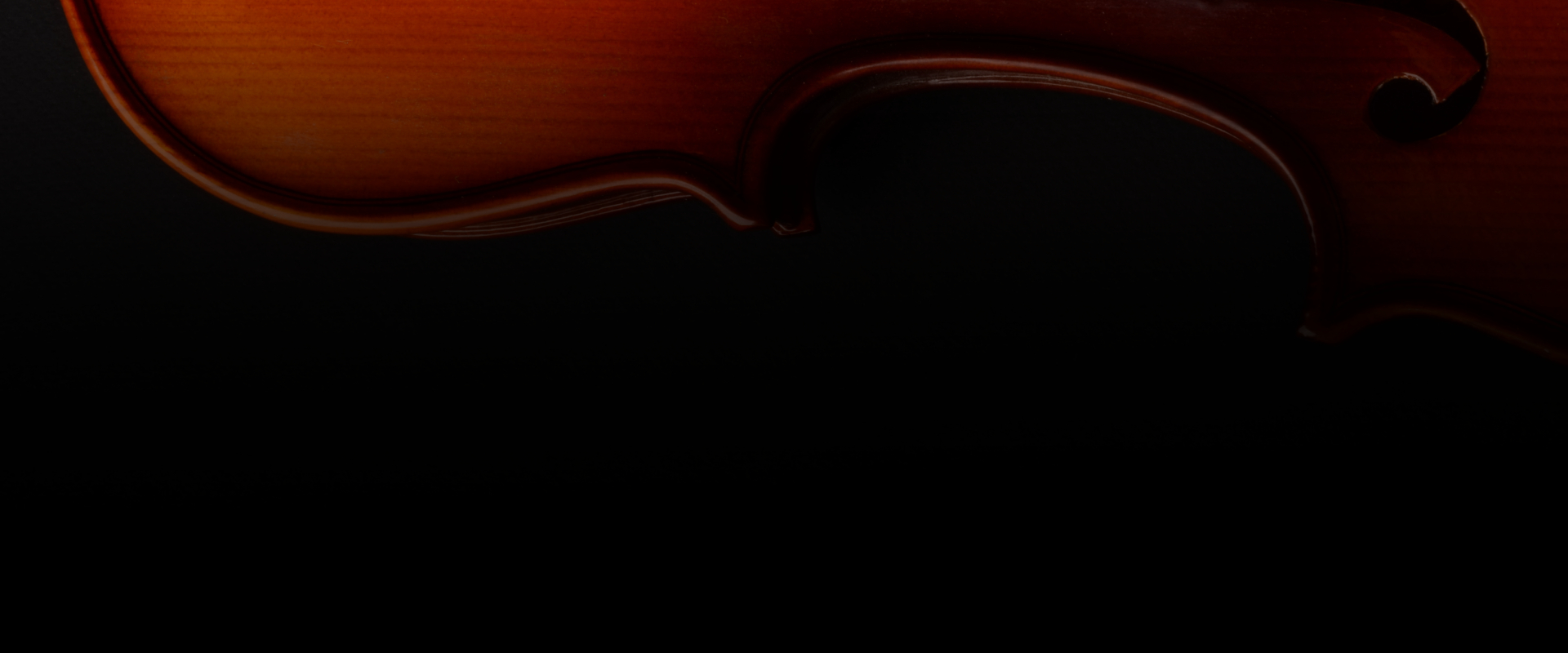
History
Learn more about Harry Lawrence Freeman and how we will continue his legacy through our list of historical and posthumous events.
Denver, 1891

By the age of 22, Freeman had founded the Freeman Opera Company in Denver, Colorado. His first opera, Epthelia, was performed at the Deutsches Theater in Denver in 1891.
August 16, 1893

His second opera, The Martyr, premiered at the same theater on August 16, 1893. It was also produced by the Freeman Opera Company, and concerned an Egyptian nobleman put to death for accepting the religion of Jehovah. The Freeman Opera Company went on to produce The Martyr in Chicago in October 1893 and in Cleveland in 1894. This was the first opera in the United States to be produced by an all-Black production company.
Cleveland, 1894

In 1894 at age 24, Freeman began formal training in music theory with Johann Heinrich Beck, the conductor of the Cleveland Symphony Orchestra, who compared Freeman’s musical style to that of the great German composer Wilhelm Richard Wagner.
Between 1895 and 1899

Despite the comparison to "Wagner", Freeman could find work only in so-called “race” music. Freeman toured with Ernest Hogan’s Rufus Rastus Company and composed some of the music for Hogan’s blackface musical comedies.
1902-1904

Freeman was director of the music program at Wilberforce University
In 1906

Both Harry and Carlotta worked at the newly-formed Pekin Theatre in Chicago, the first theatre of its kind to be entirely run and performed by African Americans.
Harlem, NY 1908-1909

In 1908 Freeman moved his family to New York City and the following year he became the musical director for the Cole-Johnson Brothers Company and then musical director of the John Larkins Musical Comedy Company.
In 1912

Freeman founded and conducted the 75 member Negro Choral Society. Also, ragtime composer Scott Joplin, who was then living in New York, asked Freeman's help in revising his three-act opera, "Treemonisha," production of which had stalled the previous year.
In 1920

Freeman opened the Salem School of Music on 133rd Street in Harlem, later renamed Freeman School of Music. Also in 1920, he founded the Negro Grand Opera Company, which produced several productions of his own works. Freeman's wife Carlotta and his son Valdo, a baritone, sang principal roles in many of the Negro Grand Opera Company's productions. The Freeman’s brownstone also served as a gathering place during the Harlem Renaissance for such notables as Marion Anderson and Lena Horne. During this time Freeman also served as a musical critic/essayist for the New Amsterdam News.
In 1928

Voodoo (1928) is perhaps Freeman's best known work. It deals with the cult of that name in Louisiana. Although Freeman finished composing the opera in 1914, it was not premiered until fourteen years later. On September 10, 1928, at Palm Garden at 310 West 52nd Street in New York's Broadway district, with an all-black cast. A May 20, 1928 concert performance of Voodoo was broadcast live on New York radio station WGBS, which Elise Kirk identifies as one of the earliest operas composed by an American to be broadcast on radio. It was the first opera by an African-American to be presented on Broadway. Its score combines themes from spirituals, Southern melodies, jazz, and traditional Italian opera.
In 1930

Freeman received the prestigious Harmon Foundation Award in 1930 for significant achievement by an African American in the field of arts and letters. At New York's Steinway Hall in 1930, Freeman accompanied at the piano a performance of excerpts from The Martyr, The Prophecy, The Octoroon, Plantation, Vendetta and Voodoo.
In 1934

Freeman composed and directed a musical event at the 1934 Chicago World’s Fair that showcased the African American experience.
Late 1940s

Freeman sought to found yet another organization that would promote black composers and singers, the Aframerican Opera Foundation.
March 24, 1954

Freeman died at age 85 of a heart ailment at his home at 214 West 127th Street, New York City on March 24, 1954. His wife Carlotta died only three months later, on June 11, 1954.
Early 2000's
Holly Zuber and Jennifer B. Lee work with Columbia University to create the H. Lawrence Freeman Archive. It requires that the history of grand opera in the United States be rewritten to include the work of the Freemans and the artistic performance and social history of African-Americans from about 1890 to 1950.
September 30, 2008
Interview with Alberta Grannum Zuber and Holly Zuber Banks. The interview addressed the importance of H. Lawrence Freeman and the H. L. Freeman Collection
June 26 & 27, 2015
Morningside Opera, Harlem Opera, Harlem Chamber Players concert performances of Voodoo, Miller Theater, Columbia University
August 14, 2021
Joy's Aria, performed by Onsite Opera, Little Island, New York
April 24, 2022
Candace Burgess, Soprano, Founder & Artistic Director of “I, Too, Sing”, leads master's lecture recital comprised entirely of Black Classical Composers. Burgess, performs aria “In the Calm of Eventide” from the opera African Kraal by former Wilberforce professor H. Lawrence Freeman.
And More To Come…
We are open to working with you or your organization to extend H.Lawrence Freeman’s legacy.

